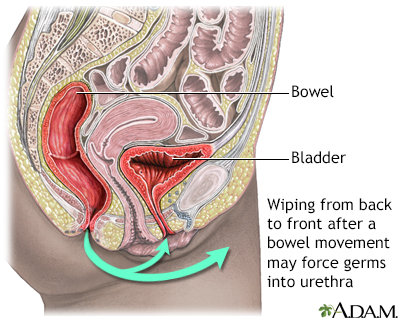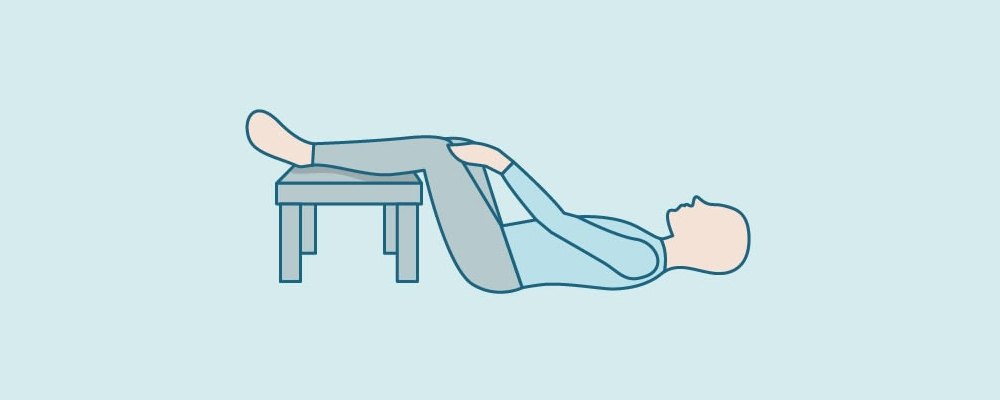Can Cipro Cause Pelvic Floor Drop

Overusing the pelvic muscles like going to the bathroom too often or pushing too hard eventually leading to poor muscle coordination.
Can cipro cause pelvic floor drop. Chronic pelvic pain can result from more than one condition. Pelvic pain can arise from your digestive reproductive or urinary system. Prolapse occurs when a woman s pelvic floor muscles tissues and ligaments weaken and stretch. This can result in organs dropping out of their normal position.
The feeling of dropping your pelvic floor is similar to the moment of relief when you have reached the bathroom. When you urinate or have a bowel movement you first drop your pelvic floor and let the pelvic floor muscles pfm go. The icn is the largest ic support group in the world providing patient educational materials 24 7 support forum the latest ic research physician listings subscriptions newsletters guest lectures clinical trials drug glossary and much more. Traumatic injuries to the pelvic area like a car accident.
Pelvic organ prolapse and recurrent utis could be connected but the relationship is much more complicated than you might think. Rectal prolapse is common in older adults who have a long term history of constipation or a weakness in the pelvic floor muscles. Vaginal prolapse refers to when the top of the vagina also called the vaginal vault sags and falls into the vaginal canal. It is more common in women than in men and even more common in women over the age of 50 postmenopausal women but occurs in younger people too.
But a few of the known factors include. In fact about one third of all women are affected by prolapse or similar conditions over their lifetime. Recently doctors have recognized that some pelvic pain particularly chronic pelvic pain can also arise from muscles and connective tissue ligaments in the structures of the pelvic floor. But the most common sign of them is the sensation that tissues or structures in the vagina are out of place.
While exact causes are still being researched doctors can link pelvic floor dysfunction to conditions or events that weaken the pelvic muscles or tear connective tissue. The symptoms associated with a pelvic floor prolapse depend on the type of the prolapse condition. Pressure or fullness in the vagina or pelvis. As you know urinary tract infections utis are very common affecting nearly 40 percent of women over the course of their lifetime 1.
Pelvic organ prolapse a type of pelvic floor disorder can affect many women.



















